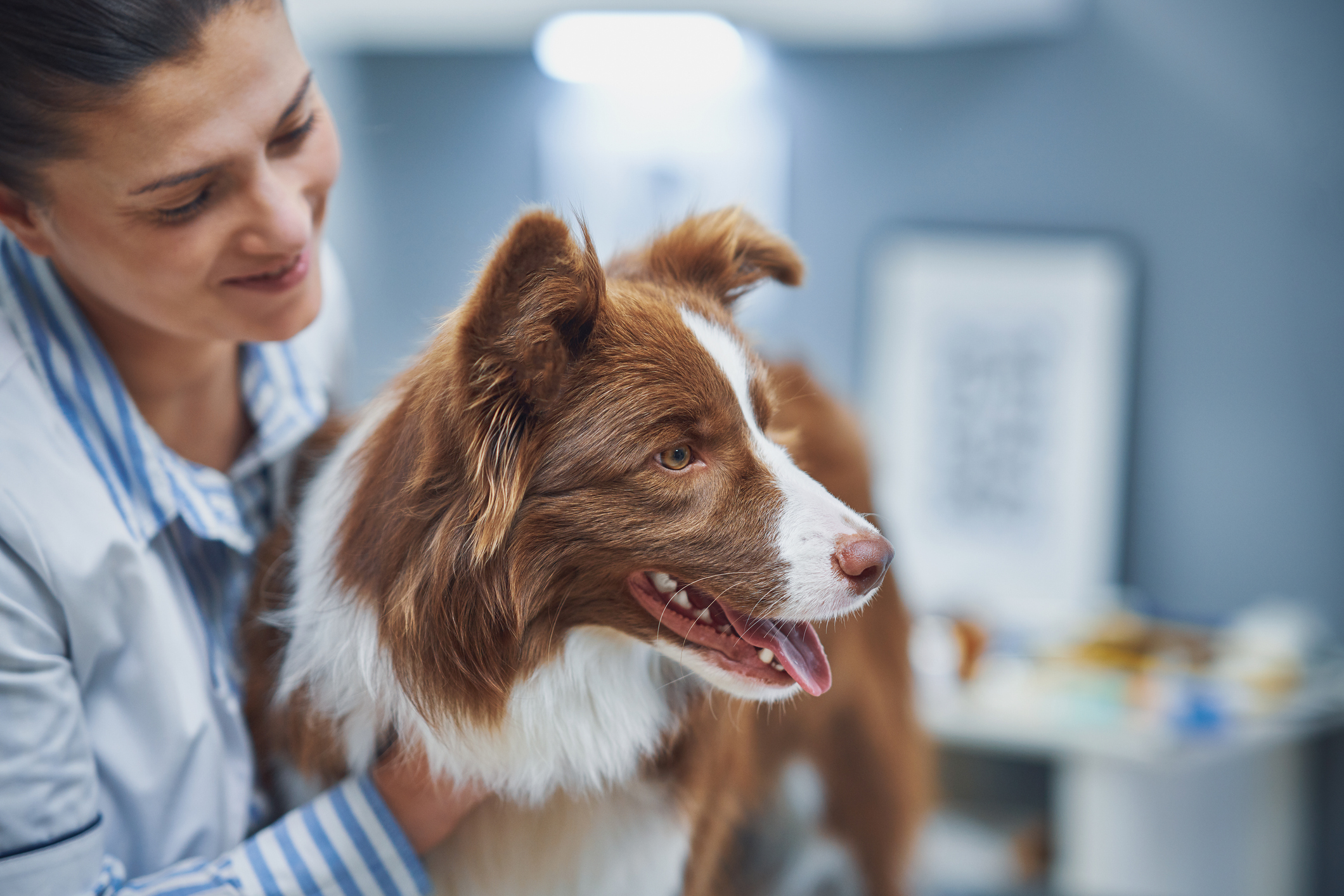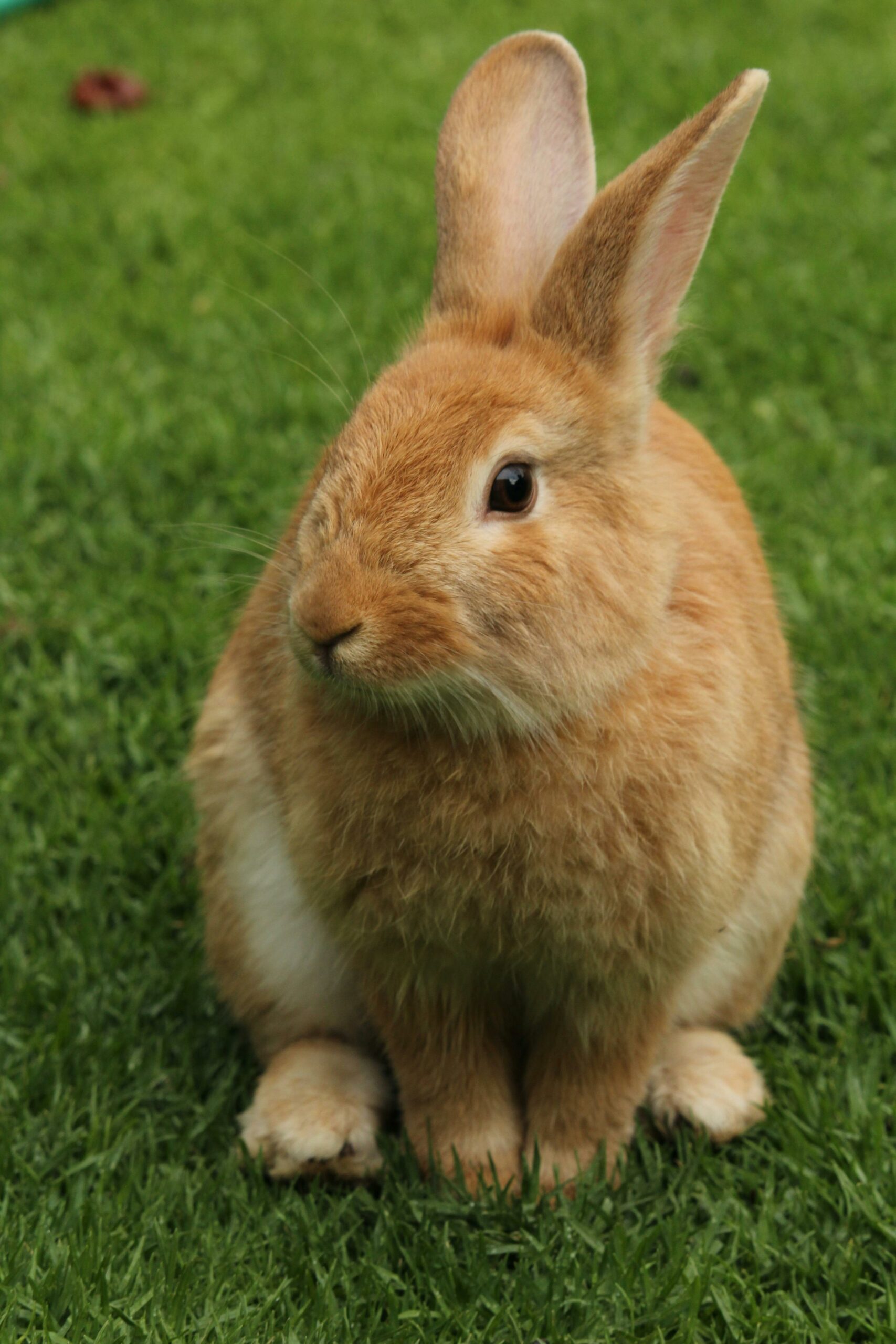Pet Neutering
Neutering
Neuter Your Pet To Prevent Them From Breeding
“Neutering” is the term relating to the removal of an animals’ reproductive organs. Males undergo castration and females undergo spaying.
Animal neutering is the most responsible and financially sensible action to take if you don’t intend to breed from your pet. Cat castration and other pet neutering prevent many litters of unwanted animals from being born, which are then handed over to animal organisations by those who can’t afford or desire to keep them.
Male animals can impregnate a female from maturity (do contact us to discuss when your animal is likely to become mature if you are unsure) – no matter the time of year or whether they are homed with their own relatives or not.
Males are more likely to roam when intact in search of a female which may lead to them becoming lost or involved in an accident. Some males’ behaviour will also change when their mating instinct develops.

Female dogs generally experience an oestrus cycle (“heat” or “season”) twice per year lasting approx. 2-3 weeks starting from 6 months of age. They can become pregnant during their first heat or any later heat period.

Female cats may reach maturity from as early as 4 months’ old when their oestrus cycles begin. Generally, these last 6 days and will continue frequently – every 2-3 weeks! The only way to stop the cycles is for the cat to be mated or neutered.

Female rabbits may reach maturity from as early as 3.5 months. They do not experience oestrus cycles but are receptive to mating every 14-16 days!
There is no benefit to females of any species to allowing them to have a litter before neutering them.
Pregnant animals require additional provisions, with associated costs. Pregnancy and lactation are demanding of the mother, and she will require an altered diet, routine medical examinations with regular worming treatment to ensure optimum health of the litter as well as treatment for any complications that may occur.
Potential serious complications with pregnancy and labour include miscarriage, toxaemia, hypocalcaemia (eclampsia) and dystocia (difficulty giving birth) leading potentially to the need for a caesarean-section. Mastitis (infection of the breast tissue where the young are fed) may also occur before or after giving birth which will mean the litter cannot feed from her.

Rearing a litter is time-consuming and demanding, with puppies and kittens requiring round-the-clock feeds, preventative healthcare (flea, tick, worm, vaccinations), microchipping and potential medical treatment also.
Unplanned litters can be entirely prevented through neutering of animals at an appropriate age for them (we are happy to discuss when this might be for your pet specifically).
Preventing unplanned litters reduces the number of strays and aids rescue centres who are already taking on record numbers of abandoned or relinquished animals.

Cosgrove (2024) collates information from the UK Government, leading animal charities and health care providers to summarise the current issue we are facing: www.petkeen.com. The above infographic is used courtesy of PetKeen.
Neutering also benefits your pet as it prevents potentially fatal uterine infections developing (pyometra), mammary (breast) cancer, testicular cancer, some prostate problems, and some undesirable behaviours such as urinary marking.
Get in touch with Bay Vets now to book an appointment or obtain more information about neutering.
Neutering is the most responsible action to take if you don’t intend to breed from your pet
“Neutering” is the term relating to the removal of an animals’ reproductive organs. Males undergo castration and females undergo spaying.
Animal neutering is the most responsible and financially sensible action to take if you don’t intend to breed from your pet. Cat castration and other pet neutering prevent many litters of unwanted animals from being born, which are then handed over to animal organisations by those who can’t afford or desire to keep them.
Male animals can impregnate a female from maturity (do contact us to discuss when your animal is likely to become mature if you are unsure) – no matter the time of year or whether they are homed with their own relatives or not.
Males are more likely to roam when intact in search of a female which may lead to them becoming lost or involved in an accident. Some males’ behaviour will also change when their mating instinct develops.
Female dogs generally experience an oestrus cycle (“heat” or “season”) twice per year lasting approx. 2-3 weeks starting from 6 months of age. They can become pregnant during their first heat or any later heat period.
Female cats may reach maturity from as early as 4 months’ old when their oestrus cycles begin. Generally, these last 6 days and will continue frequently – every 2-3 weeks! The only way to stop the cycles is for the cat to be mated or neutered.
Female rabbits may reach maturity from as early as 3.5 months. They do not experience oestrus cycles but are receptive to mating every 14-16 days!
There is no benefit to females of any species to allowing them to have a litter before neutering them.
Pregnant animals require additional provisions, with associated costs. Pregnancy and lactation are demanding of the mother, and she will require an altered diet, routine medical examinations with regular worming treatment to ensure optimum health of the litter as well as treatment for any complications that may occur.
Potential serious complications with pregnancy and labour include miscarriage, toxaemia, hypocalcaemia (eclampsia) and dystocia (difficulty giving birth) leading potentially to the need for a caesarean-section. Mastitis (infection of the breast tissue where the young are fed) may also occur before or after giving birth which will mean the litter cannot feed from her.
Rearing a litter is time-consuming and demanding, with puppies and kittens requiring round-the-clock feeds, preventative healthcare (flea, tick, worm, vaccinations), microchipping and potential medical treatment also.
Unplanned litters can be entirely prevented through neutering of animals at an appropriate age for them (we are happy to discuss when this might be for your pet specifically).
Preventing unplanned litters reduces the number of strays and aids rescue centres who are already taking on record numbers of abandoned or relinquished animals.
Cosgrove (2024) collates information from the UK Government, leading animal charities and health care providers to summarise the current issue we are facing: https://petkeen.com/animal-homelessness-statistics-uk/. The above infographic is used courtesy of PetKeen.
Neutering also benefits your pet as it prevents potentially fatal uterine infections developing (pyometra), mammary (breast) cancer, testicular cancer, some prostate problems, and some undesirable behaviours such as urinary marking.
Get in touch with Bay Vets now to book an appointment or obtain more information about neutering.

